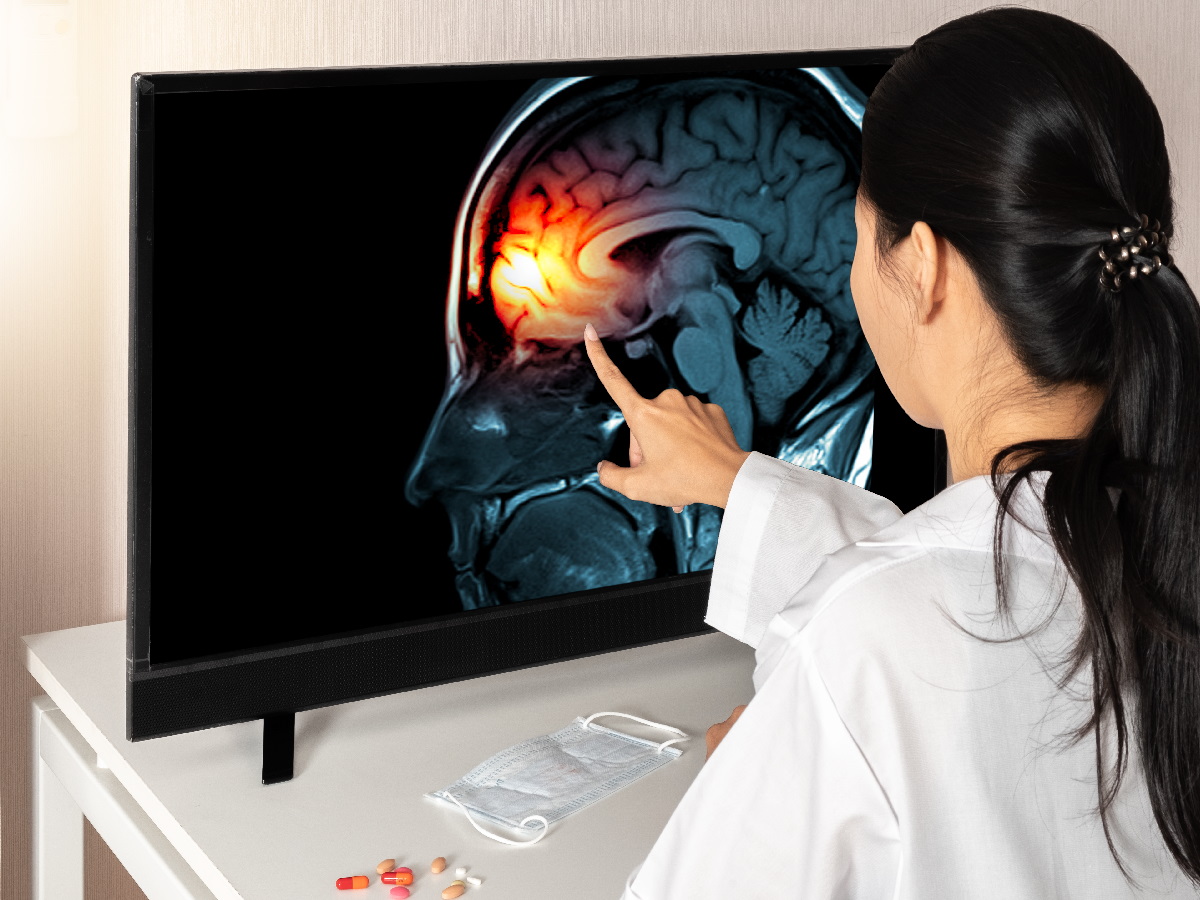How Traumatic Brain Injuries Can Affect Your Vision

Traumatic brain injuries (TBI) have common symptoms that many people experience, including headaches, ringing in the ears, mood changes, nausea, vomiting, and troubles with memory. In these cases, a person who has suffered trauma to the head should seek medical attention. One symptom that most people ignore when faced with a head injury is vision problems. Vision problems, however, can be difficult to diagnose, and many patients who don’t experience the moderate to severe symptoms of a TBI can ignore those visual problems. Because visual problems, just like a brain injury, can differ from patient to patient, the cause of the injury can give significant insight into the patient’s conditions. If you or a loved one has experienced a traumatic brain injury, here are some visual symptoms you should look out for:
Eye Focus
Blurred vision, or the ability to shift focus between objects near and far, can potentially be compromised from a brain injury. The loss of acuity, or clarity, refers to the damage done to the eye’s nerve fibers that carry signals from the eye to the brain. This loss is normally treated with glasses for patients, but for those with TBIs, this sudden change in vision can be indicators of more significant issues with the brain.
Eye Teaming
Also called double vision, this is where the eyes may not work together functionally and will experience sudden blurriness of words and images. In severe cases, it’s referred to as diplopia or the perception of two images as a single object and can appear in one eye or both eyes. Concussions most often cause these sudden changes, and diplopia can range as just one of the many symptoms that can occur.
Eye Movements
Sudden jumps in eye movement, especially when reading or attempting to follow a moving object, can also be a symptom of a traumatic brain injury. Abnormal eye movements can result from the injured brain not being able to focus clearly and can present substantial red flags to more extensive problems with the brain injury.
These symptoms can also make it challenging to process movement and light. Motion and light sensitivity can be profoundly disturbed by TBIs. Discomfort and dizziness in busy environments can occur, and with light sensitivity, photophobia can be increased by light sources such as the sun or fluorescent light. Other severe symptoms include vision field loss, eye pain, and headaches. For vision doctors that diagnose and assess vision conditions, it’s essential for patients to communicate clearly with their doctors about these symptoms because denial and forgetfulness can further impede the diagnosis and risk of further damage.
Do you have vision troubles and wish to see an eye doctor? Contact The Optical Shoppe, located at Smyrna, TN. Dr. Paul Trapeni, Jr has helped patients regain their vision with high-quality eye examinations and prescriptions for decades, and is always eager to help new patients with vision problems. Contact The Optical Shoppe today to schedule an appointment.

Dr. Paul D. Trapeni JrAt The Optical Shoppe, we're dedicated to optometry excellence under the guidance of Dr. Paul D Trapeni. Serving the Smyrna community since 1989, Dr. Trapeni is a trusted member of the community, bringing general and specialized optometry care to individuals and families throughout the area.


